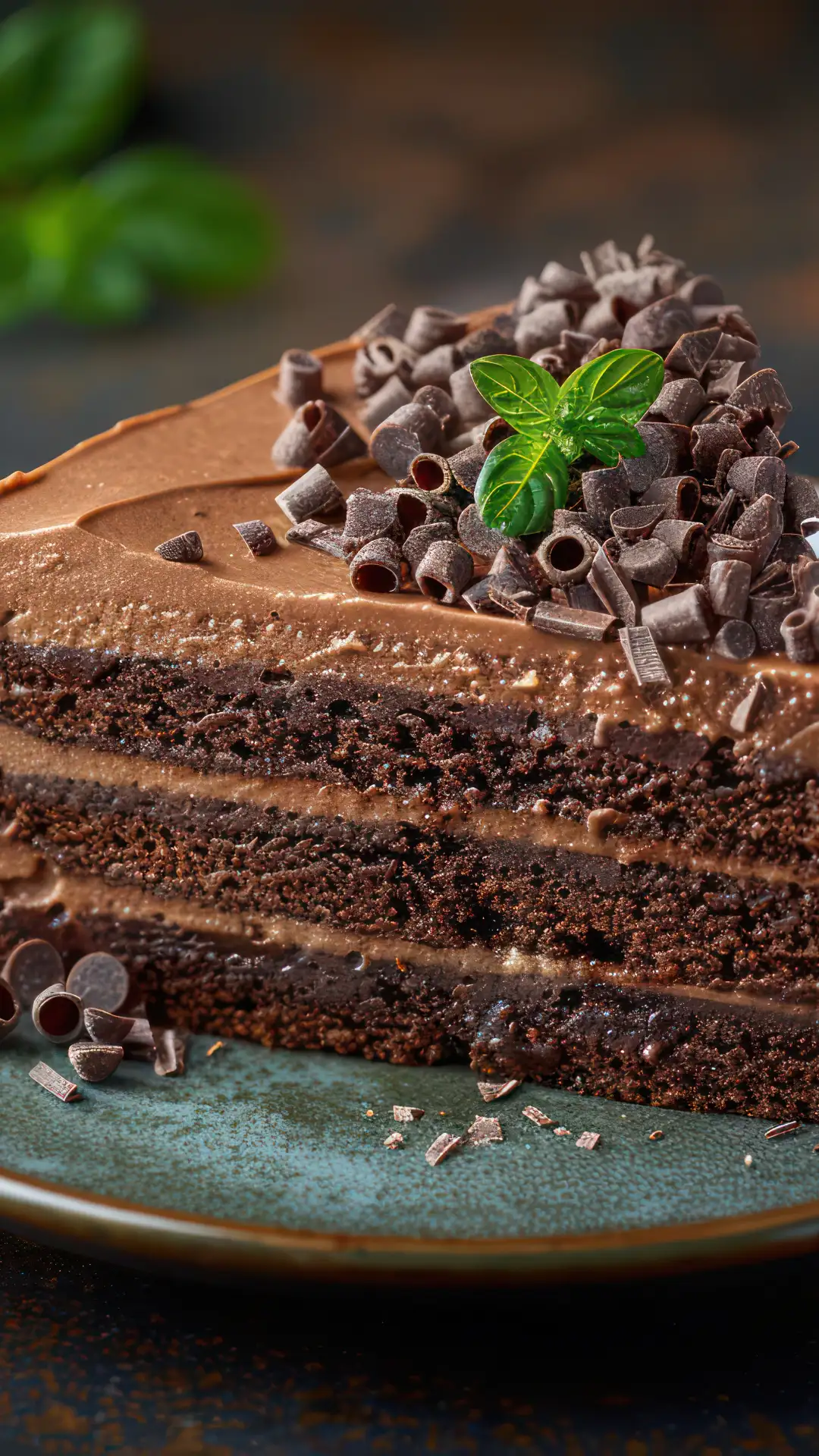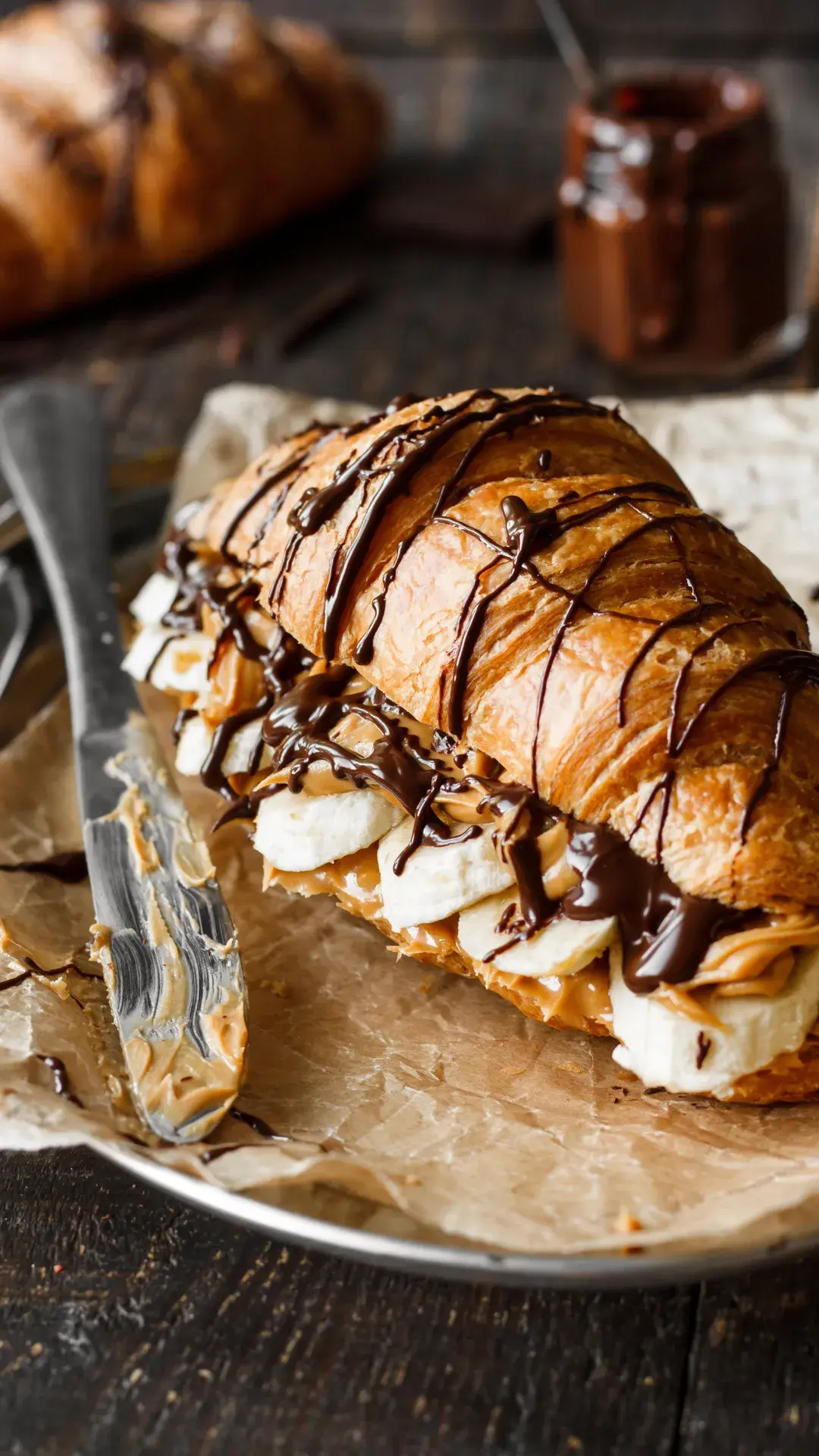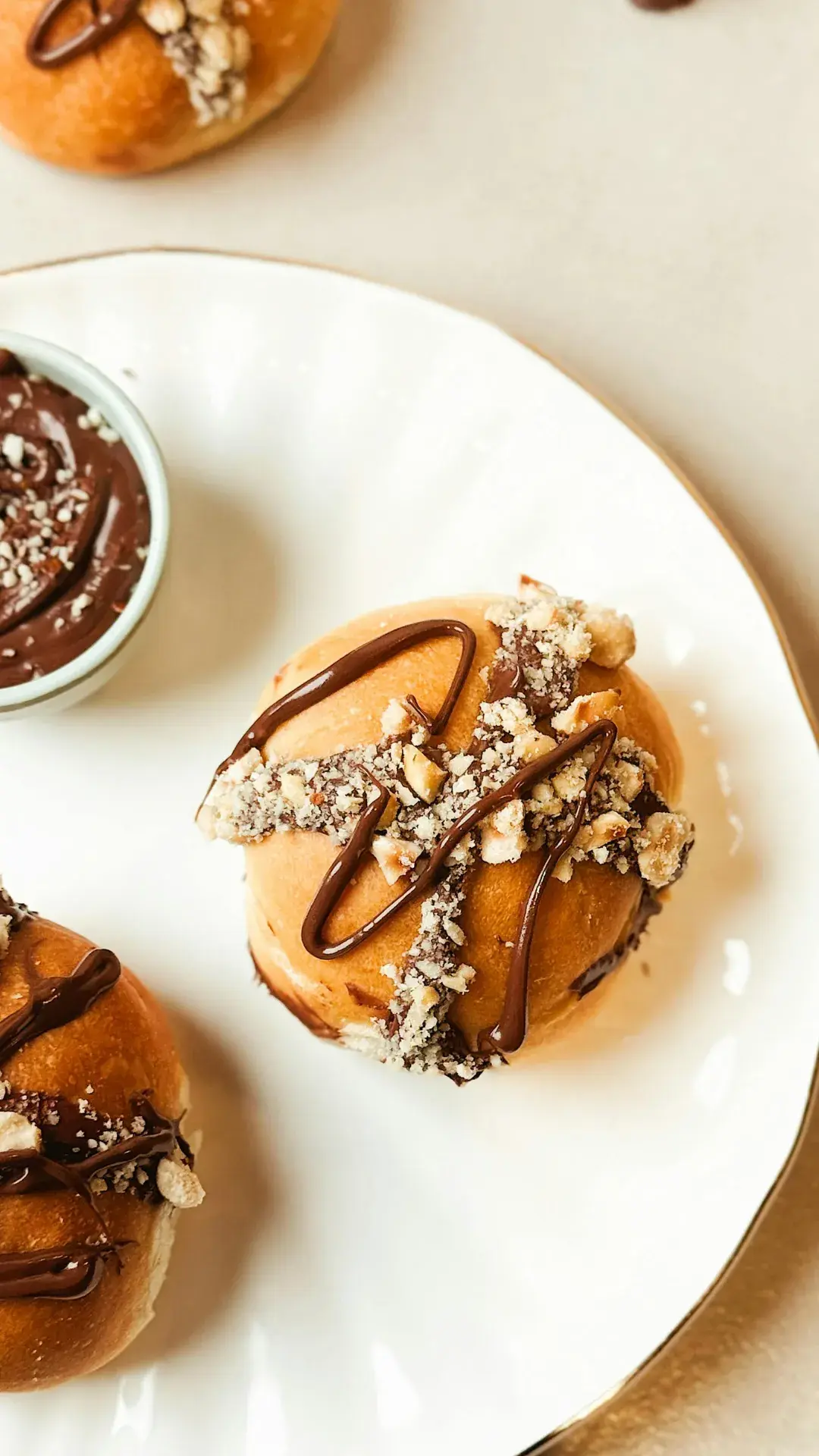Try this easy lemon curd recipe and learn how to make smooth, creamy, and tangy lemon curd at home in just a few simple steps

Lemon curd is a versatile yet easy spread that you can make with 4–5 ingredients. But despite it being very easy, there are some common mistakes that you should avoid to make the perfect lemon curd every time.
Lemon spread is a tangy, creamy, and silky spread that you can use in various ways, such as spreading it on top of your breakfast toast, using it as a filling for your cakes or cupcakes, topping them off, making lemon bars, or putting them as a filling for lemon pies. A simple lemon curd goes a long way.
You only need a few ingredients, which you most likely already have in your kitchen when it comes to making your own lemon curd. Although it is relatively simple, it can be tricky if you are just starting out or aren't familiar with the spread. To ensure you get the best lemon curd every single time, you must avoid these common mistakes and become a pro at making this famous fruit curd.
How to Make Lemon Curd?
Lemon curd is a silky, tangy, and rich spread that pairs beautifully with cakes, tarts, scones, or toast. Follow this easy step-by-step guide to make it perfectly at home.
Steps by step easy guide
Ingredients:
- 3 large eggs
- ¾ cup granulated sugar
- ½ cup fresh lemon juice (about 2–3 lemons)
- 1 tablespoon lemon zest
- ½ cup unsalted butter, cut into cubes
Instructions:
- Gather all ingredients and ensure the butter is cut into small cubes for easy melting.
- In a heatproof bowl, whisk together eggs, sugar, lemon juice, and zest until smooth.
- Place the bowl over a saucepan of simmering water (double boiler method). Stir constantly to prevent the eggs from curdling.
- Cook for about 8–10 minutes until the mixture thickens enough to coat the back of a spoon.
- Remove from heat and whisk in the butter cubes one at a time until fully melted and the curd is glossy.
- Strain through a fine sieve to remove any lumps or zest.
- Transfer to a clean jar, cool completely, and refrigerate.
Use Sufficient Egg Yolks
- Eggs are an important component of lemon curd, but yolks are valued more than egg whites when it comes to making lemon curd. Lemon curd has traces of yellow in it naturally, but its striking golden colour comes from the yolks.
- Also, incorporating whole eggs is not preferred since the egg whites cause the lemon curd to become lighter. The egg whites also carry an unpleasant smell because of sulphur, which is even worse in older eggs. So always make sure you use the freshest eggs.
- Adding more yolks will result in a thicker and richer lemon curd.
Prep The Lemons Correctly
 Don't use a cheese grater to extract the lemon zest, as it will cause the pith to get discarded from the lemon. The pith has a bitter and unpleasant taste, which could cause a negative change in flavour in your lemon curd. Use a microplane zester instead, as it is the most effective way to get the lemon zest.
Don't use a cheese grater to extract the lemon zest, as it will cause the pith to get discarded from the lemon. The pith has a bitter and unpleasant taste, which could cause a negative change in flavour in your lemon curd. Use a microplane zester instead, as it is the most effective way to get the lemon zest.
Avoid Juicing The Lemons Straightaway
Another important mistake that many people make is that they immediately start juicing the lemons once they are zested. Although it is not bad, you should microwave your lemons for about 10–20 seconds. This makes your lemons softer and much easier to juice. Not just that, microwaving them also leads to getting more juice, whether you juice it with your hands or by using a gadget.
Avoid Over-cooking The Curd

- Your lemon curd could get chunky and grainy if you let it overcook. One thing you should remember while making lemon curd is that you should never let it reach a point where it starts boiling. The ideal temperature for lemon curd is 170 degrees Fahrenheit, and it shouldn't cross that.
- Especially when you are using a double boiler, the chances of overcooking the lemon curd are quite high, so be careful to get the best results.
Stir In Continuously
This may not look like a big deal, but stirring continuously enhances the texture of the lemon curd a lot. If you want your curd to be as smooth as possible, then keep stirring it because it contains eggs, which means the bottom portion of the curd cooks quickly.
This makes a gluey curd at the bottom, making it difficult to mix well with the rest of the curd. Proper and continuous stirring allows even heat distribution throughout the lemon curd.
Frequently Asked Questions (FAQs)
Why did my lemon curd turn out runny? 
Lemon curd can turn runny if it’s undercooked or not thickened enough. Continue cooking until it coats the back of a spoon, then let it cool completely to set properly.
How long does homemade lemon curd last? 
Homemade lemon curd lasts up to one week in the refrigerator when stored in an airtight container. For longer storage, freeze it for up to two months and thaw before using.
Can I make lemon curd without eggs? 
Yes, you can make eggless lemon curd using cornstarch as a thickener. It gives a similar texture and tangy flavor, though the curd will be slightly less rich and creamy.
Do I need to refrigerate lemon curd? 
Yes, lemon curd should always be refrigerated. Once it cools, transfer it to a clean airtight jar and store it in the fridge to keep it fresh and safe to eat.
Like This Article?
More Like This




Popular Articles





Trending Web Stories
Curated Recipes


















